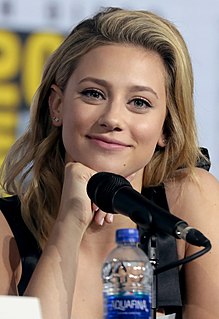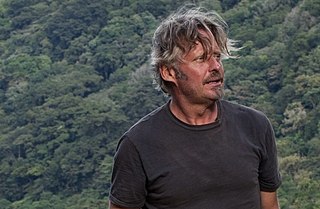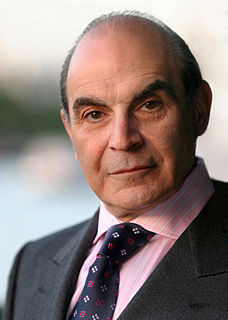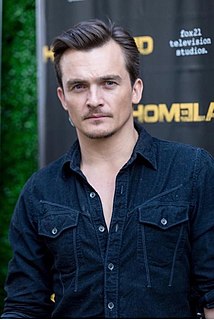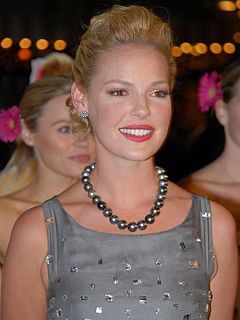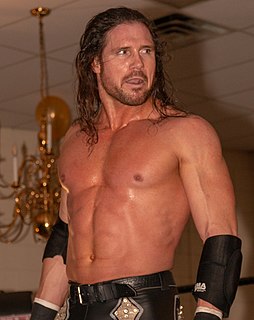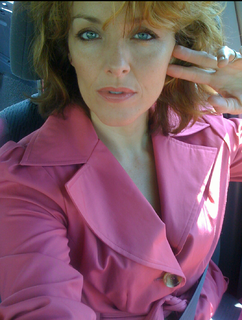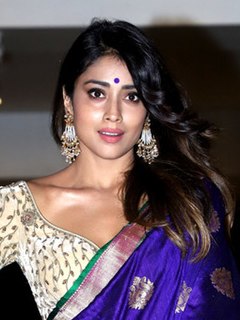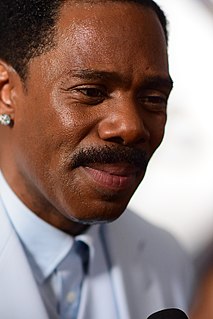A Quote by Zachary Quinto
I had to learn how to modulate my performances and interpretations of these roles in auditions for the camera.
Quote Topics
Related Quotes
I was thinking, with the TV exposure I had with WWE - and it's kind of hard to explain to people sometimes how many countless hours you are on television when you've been on the road with WWE - I was thinking that was going to open doors, get me auditions, and get me into a lot of high profile roles.
Making photos is helpful of course to master the craft. To get comfortable with the camera. Learn what a camera can do and how to use the camera successfully. Doing exercises for example if you try to find out things that the camera can do that the eye cannot do. So that you have a tool that will do what you need to be done. But then once you have mastered the craft the most important thing is to determine why you want to shoot pictures and what you want to shoot pictures of. That's where the thematic issue comes to life.

